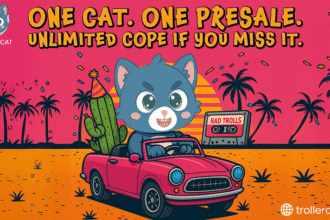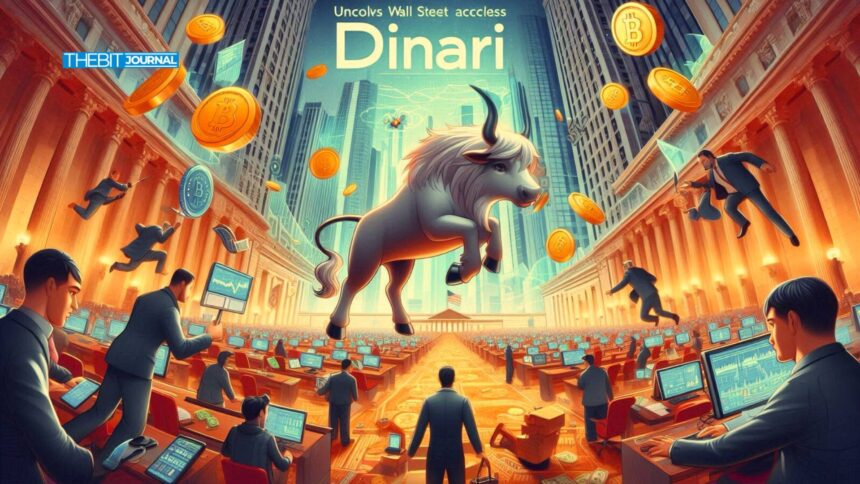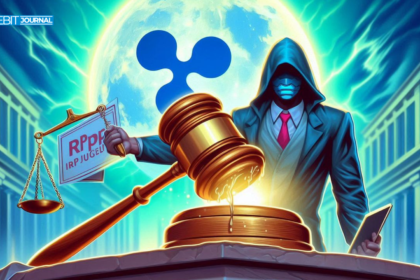Dinari, a financial technology company based in San Francisco, has achieved a major regulatory feat by securing U.S. broker‑dealer approval for its subsidiary. The broker‑dealer registration is the first time a platform has been authorized to offer tokenized stocks linked directly to the US stocks on domestic trading platforms. As reported by Reuters, Dinari announced plans to activate the licensed entity in the coming quarter, contingent upon completing onboarding with the Securities and Exchange Commission (SEC).
This approval opens the door for tokenized stocks to be integrated within American brokerages and fintech apps via APIs instead of requiring a standalone consumer-facing platform. Dinari previously offered its “dShares” product on Coinbase’s Base network to users outside the U.S. With its new broker‑dealer status, these on-chain stocks can now be made available to U.S. investors through regulated channels, bringing blockchain-based equity trading one step closer to everyday use.
How Dinari’s Model Works for Tokenized Stocks
Dinari doesn’t sell directly to consumers but rather partners with brokerages and fintech platforms that integrate its tokenized stocks via a “white‑label rails” approach. This means fintech firms can offer tokenized American stocks without building blockchain infrastructure from scratch. Instead, Dinari embeds its trading and custody layer into partner apps, simplifying technical deployment while maintaining regulatory oversight.
Trades involving on-chain stocks are routed through registered exchanges and settled on-chain once executed. Settlement occurs on public blockchains under secure, verifiable conditions. Dinari plans to begin customer trials shortly after finalizing SEC-required control attestations and vault integrations under Rule 15c3‑3.
Market Context and Regulatory Landscape
Dinari broker‑dealer license arrives as other crypto platforms pursue similar paths. Kraken recently announced a round‑the‑clock trading platform for US tokenized stocks, while Coinbase is actively seeking SEC permission for its tokenized equity product. Despite these moves, hurdles remain, secondary-market liquidity is shallow, and technical standards are still maturing.
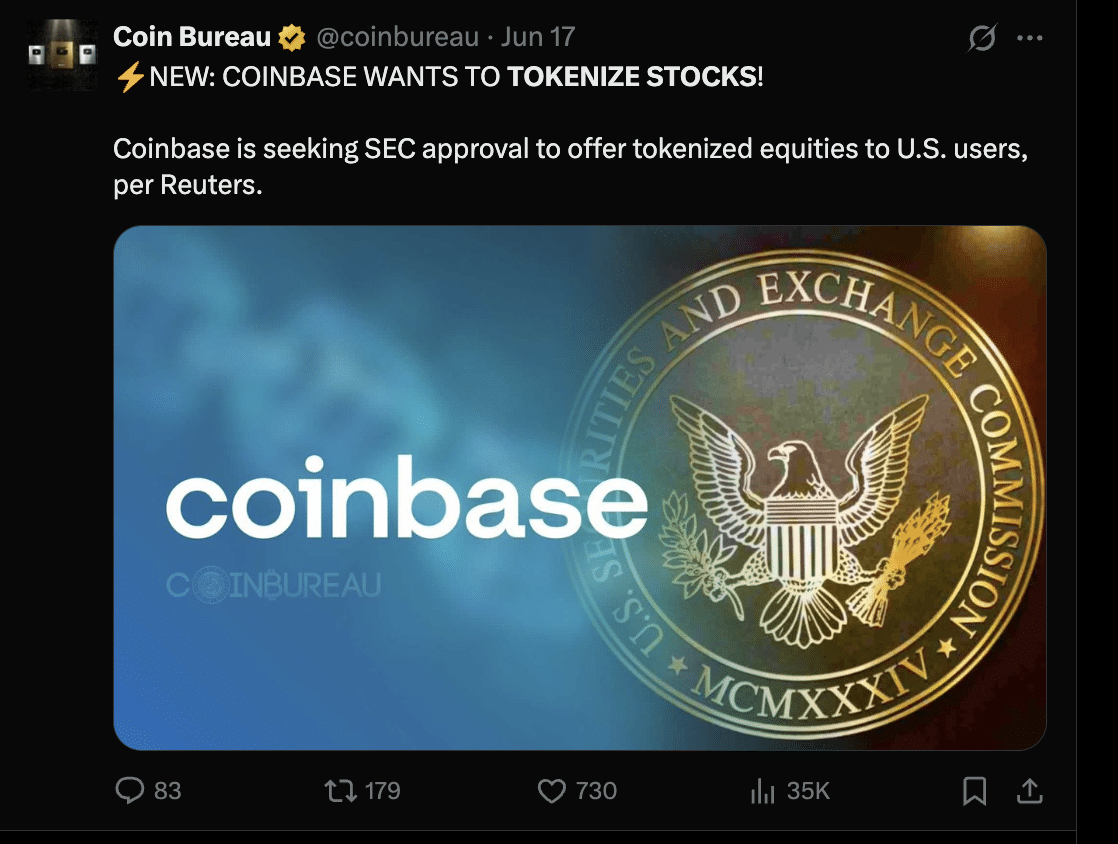
The World Economic Forum recently highlighted these issues, cautioning that without liquidity and interoperability, tokenized equities may struggle to gain mass adoption. Dinari acknowledges such challenges and positions its on-chain settlement framework as a “template” for regulators and industry groups to follow in developing unified standards.
Tokenized U.S. Stocks vs. Traditional Securities
Unlike traditional brokerage offerings such as Robinhood or Charles Schwab, which integrate fully managed trading systems, Dinari’s model delivers tokenized stocks directly through partners while handling custody via smart contracts on public chains. This soft integration allows users to trade both tokenized stocks and fiat-based securities within the same app interface.
The broker‑dealer approval makes this possible under SEC oversight, while embedding the tokenized infrastructure in partner platforms reduces costs and implementation barriers. As adoption grows, investors may trade US tokenized stocks for lower fees and faster settlement times, making this approach a compelling competitor to traditional stock offerings.
What Investors Should Know About Tokenized Stocks
As tokenized stocks become available, U.S. investors will need to understand how these digital representations differ from traditional shares. While on-chain stocks function similarly to U.S. stocks, they exist on a blockchain, which may involve novel risks, technical vulnerabilities, custody complexity, and regulatory nuances.
Dinari plans to publish technical specs for its ERC‑20–based share contracts ahead of the U.S. launch to help institutions assess custody models, token mechanics, and compliance standards. Establishing clear auditing mechanisms and legal clarity will be essential for tokenized stocks to gain broader trust.
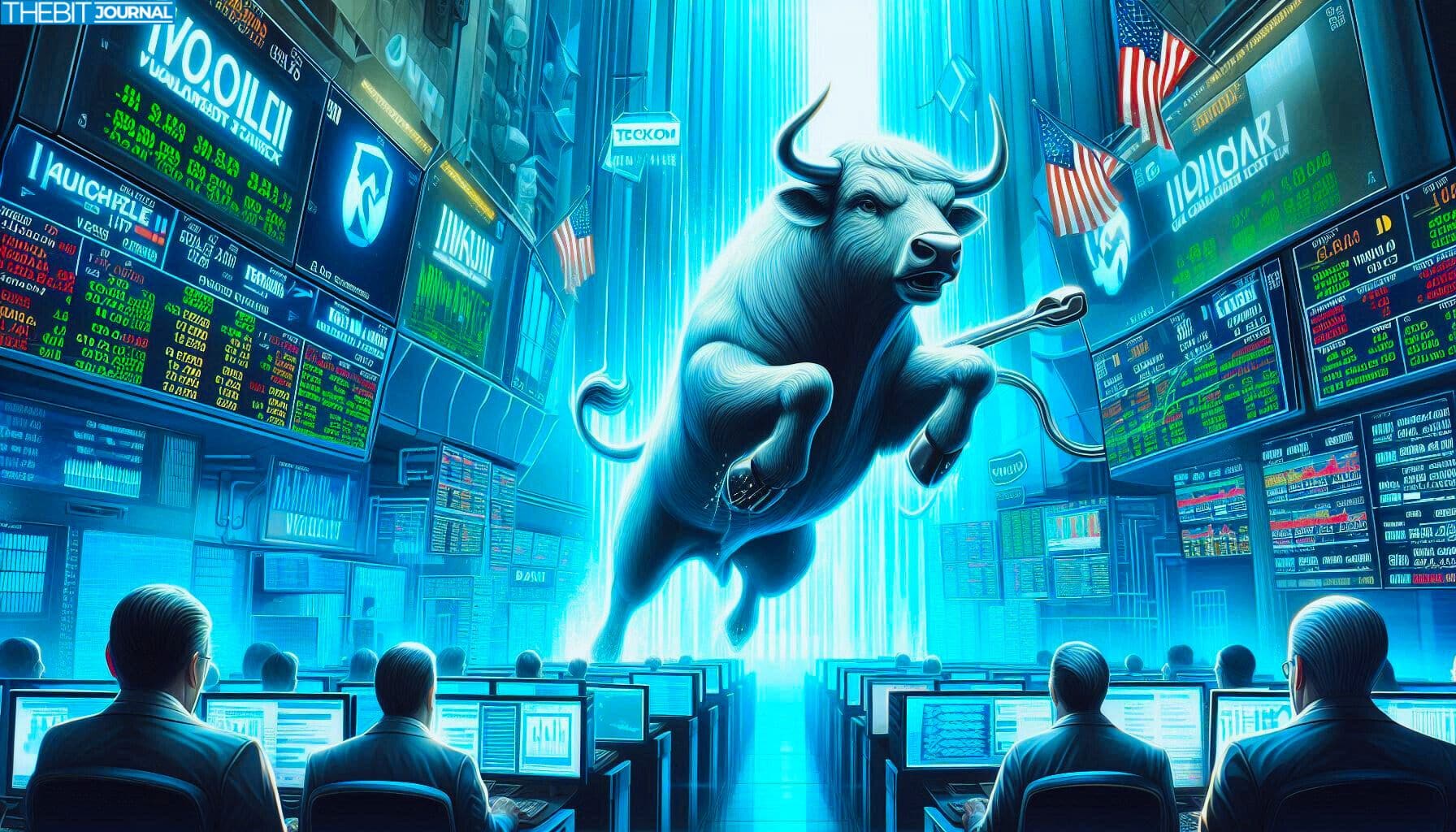
With broker‑dealer approval in place, Dinari is entering a preparatory phase. The company will finalize control-location attestations and vault infrastructure in line with SEC Rule 15c3‑3. Once approved, tokenized American stocks distributed via partner apps will undergo customer testing the following quarter. Dinari’s on-chain settlement model and published technical standards will guide partners in ensuring compliance and interoperability for future platforms offering tokenized equities.
Conclusion
Dinari’s broker‑dealer license brings the promise of tokenized stocks closer to reality for U.S. investors, enabling regulated platforms to offer blockchain-based shares of the American stocks without building out infrastructure. The approval assures regulatory compliance through SEC oversight, while Dinari’s purely partner-based model accelerates adoption without the overhead of retail brokerage services.
As on-chain stocks enter the mainstream, investors should be mindful of the transformative potential and technical differences compared to traditional share ownership.
Summary
Dinari has become the first platform in the U.S. to secure a broker-dealer license for offering on-chain stocks, allowing it to provide blockchain-based shares of publicly traded companies through domestic brokerages and fintech platforms. The firm will activate its licensed entity next quarter, enabling U.S. investors to access tokenized versions of traditional U.S. stocks via partner applications.
FAQs
What makes Dinari’s broker‑dealer approval significant?
Dinari becomes the first entity approved to offer tokenized stocks through regulated U.S. channels, fulfilling SEC rules for securities trading through a broker‑dealer intermediary.
How do tokenized stocks differ from traditional shares?
Tokenized stocks are digital tokens recorded on a blockchain but represent ownership of actual shares in American stocks. They can be traded and settled faster than traditional equities.
Who will trade tokenized stocks using Dinari’s license?
Early access will come through fintech apps and brokerages that integrate Dinari’s platform, offering tokenized stocks alongside conventional securities.
When can U.S. investors expect tokenized stock trading to go live?
Pending final attestations and vault setup, Dinari expects to begin customer testing next quarter before launching to a wider U.S. investor base.
Glossary
U.S. stocks – Equities of U.S.-based publicly traded companies, now being represented digitally by tokenized versions.
Tokenized stocks – Digital tokens on a blockchain that represent ownership in a security, such as US stock shares.
Broker‑dealer – A regulated intermediary authorized to buy and sell securities on behalf of clients; Dinari now holds this status to offer tokenized US stocks legally.
SEC Rule 15c3‑3 – A regulation requiring broker-dealers to manage customer assets with strict controls and custodial security.
White‑label rails – Infrastructure provided by one company (Dinari) embedded within partner apps, enabling tokenized stock trading without separate platforms.


